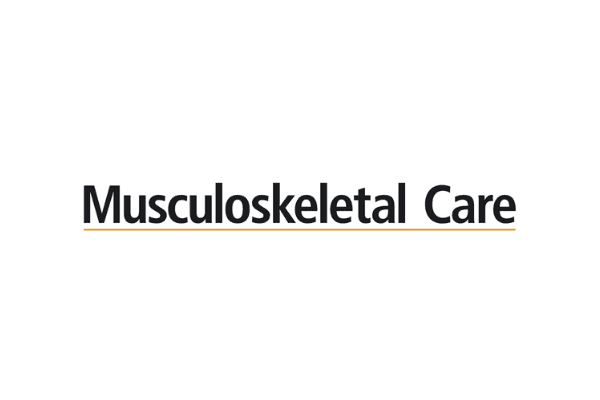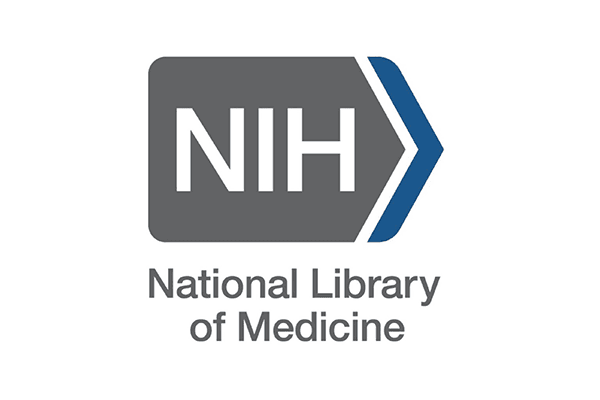
This open-label pilot study focuses on the peer intervention program called CArdiovascular Risk assEssment for RA (CARE RA), which provides information about the association between cardiovascular disease (CVD) and rheumatoid arthritis (RA) to patients. The study is conducted by evaluating whether patients receive a CVD risk assessment more frequently if they complete the CARE RA curriculum with a peer coach versus individually.









